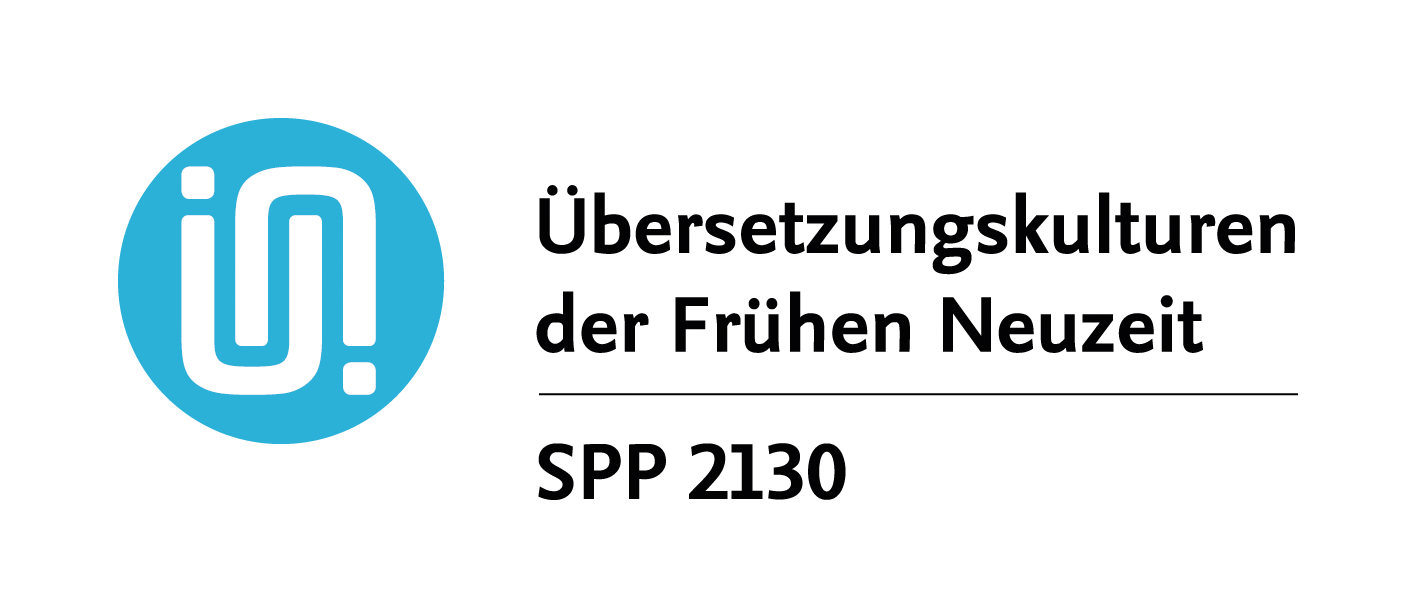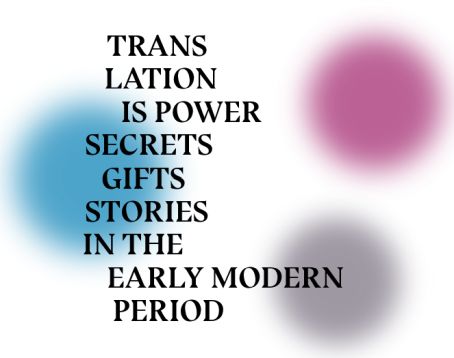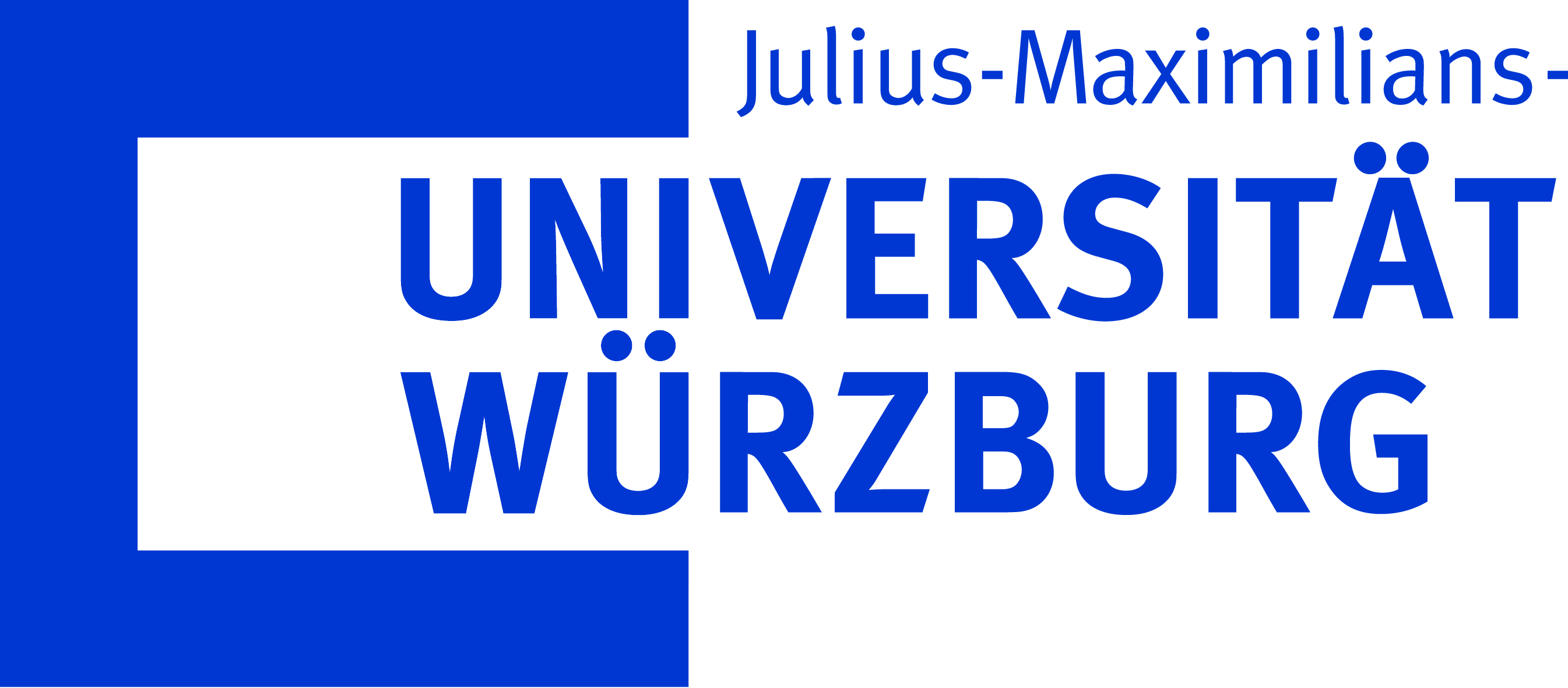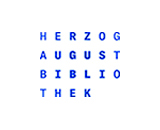Lucian
Lucian in the Early Modern German Translation Culture
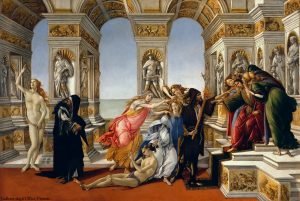
Renaissance: La calunnia di Apelle by Sandro Botticelli, created
on the basis of Lucian’s Calumniae non temere credendum.
Lucian of Samosata, who lived in the second century CE, was the most translated Greek author in the German-speaking world until about the middle of the sixteenth century. Hitherto, this subfield of the German transformation of antiquity has not yet been subject to detailed consideration in Early Modern research; for this reason the following steps will be taken with surviving translations of Lucian from the period from 1469 to 1569 (some of which were authored by renowned translators such as Niklas von Wyle and Johannes Reuchlin):
- In some cases they will be edited for the first time.
- They will be analysed at the macro and micro levels in accordance with translation research practices that are historically descriptive and transfer oriented.
- They will be evaluated in terms of their role in determining the target culture.
In these Early Modern versions of Lucian, the transfer of translation is a complex process: the Greek source texts are usually transferred to German culture through the Latin versions of Italian humanists. Italian humanism, which has a specific understanding of Lucian, functions as a mediating instance within this transfer process. The practice of translating Lucian is thus an illuminating example of complex interplays that are characteristic of Early Modern culture, namely between the imitatio and aemulatio of antiquity, between the handwritten tradition and the emergence of printing, between Italian and German cultural domains, and also between Catholicism and the Reformation.
The project is based at the University of Leipzig, with Dr Enrica Fantino as the principal investigator and PD Dr. Philip Schmitz, who co-hosts the Lucian Research Colloquium.
Publications (project-related):
